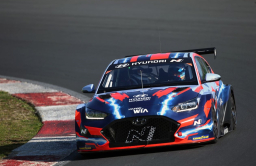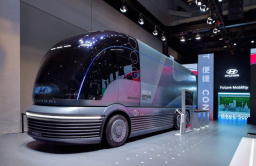-
KOSPI 2577.27 -2.21 -0.09%
-
KOSDAQ 722.52 -7.07 -0.97%
-
KOSPI200 341.49 +0.02 +0.01%
-
USD/KRW 1396 -2.00 0.14%
Hyundai NEXO, Toyota Mirai to compete in fuel cell cars as Honda exits
Automobiles
Hyundai NEXO, Toyota Mirai to compete in fuel cell cars as Honda exits
The two competitors are neck and neck for the global top post
By
Jun 18, 2021 (Gmt+09:00)
2
Min read
News+
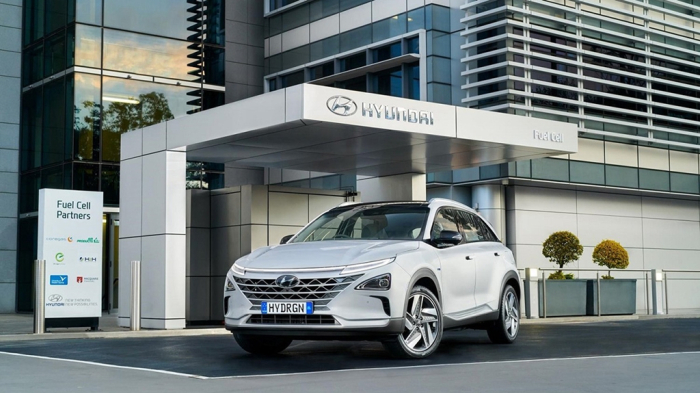
Japan’s Honda Motor Co. has announced it is exiting the hydrogen fuel cell vehicle market, leaving Toyota Motor Corp. and South Korea’s Hyundai Motor Co. as the main players in the fastest-growing future mobility market.
According to the Nikkei and other media outlets on Friday, Honda Motor said it will stop production of the Clarity fuel cell car in August this year as part of a broader push to trim underperforming models.
Honda will also discontinue two other models following slow sales. The high-end Legend saloon and the Odyssey, the reports said.
The Clarity, Legend and Odyssey were all constructed at Honda’s Sayama plant, which is set to close at the end of March 2022, they said.
Honda formed a partnership with General Motors Co. in 2013 to develop fuel cell vehicles.
Honda is now said to be focusing on its upcoming electric models, although it has not ruled out hydrogen technology in the future, according to the reports.
As a result of the Japanese automaker’s exit from the hydrogen fuel cell electric vehicle (FCEV) segment, only two fuel cell passenger cars will be available in the global market – Hyundai’s NEXO and Toyota’s Mirai.
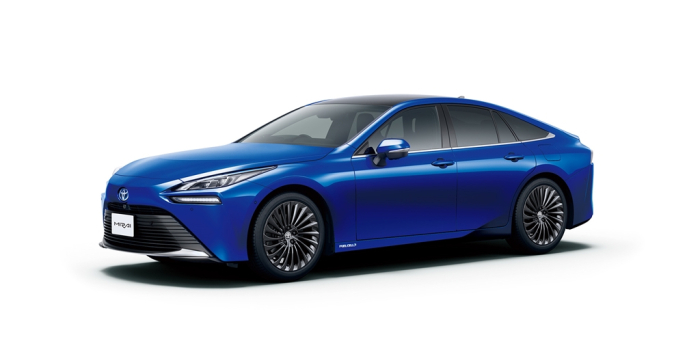
WEAK INFRASTRUCTURE MAY DELAY FCEV TAKE-OFF
The Toyota Mirai sedan, the world’s first commercialized hydrogen fuel cell car launched in 2014, had sold 14,640 units until April this year. The Hyundai NEXO, which came out four years later than the Mirai, sold 16,152 units until April.
Hyundai’s NEXO is a crossover utility vehicle (CUV) based on the Korean automaker’s SUV Tucson platform.
As of the end of the first quarter, the Toyota Mirai accounted for 49% of the global FCEV market, while the Hyundai NEXO took 44.6% of the market.
Hyundai Motor said in March it plans to produce around 17,000 units of its hydrogen fuel cell electric vehicle (FCEV) this year, thrice the volume from last year, citing the growing interest in hydrogen fuel cell cars at home and abroad.
Hyundai Motor is aiming to increase domestic production of the Nexo from 5,500 units to 15,000 units this year, with exports growing from 900 units to 2,600 units.
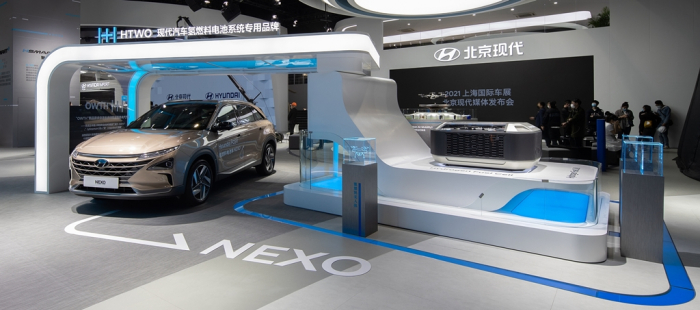
Some industry officials said given the lack of hydrogen fueling stations, it may take some time before the fuel cell car market to take off.
According to market researcher SNE Research, global hydrogen fuel cell car sales declined 11.3% to about 9,000 units in 2020 from the previous year.
Write to Hyung-Kyu Kim at khk@hankyung.com
In-Soo Nam edited this article.
More To Read
-
Jun 11, 2021 (Gmt+09:00)
-
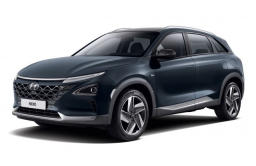 Fuel cell vehiclesHyundai Motor to ramp up fuel cell car production
Fuel cell vehiclesHyundai Motor to ramp up fuel cell car productionMar 02, 2021 (Gmt+09:00)
-
Jan 15, 2021 (Gmt+09:00)
-
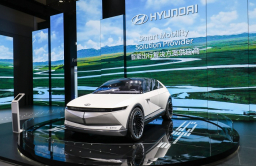 Hydrogen economyHyundai Motor, INEOS team up to explore growth in hydrogen economy
Hydrogen economyHyundai Motor, INEOS team up to explore growth in hydrogen economyNov 23, 2020 (Gmt+09:00)


